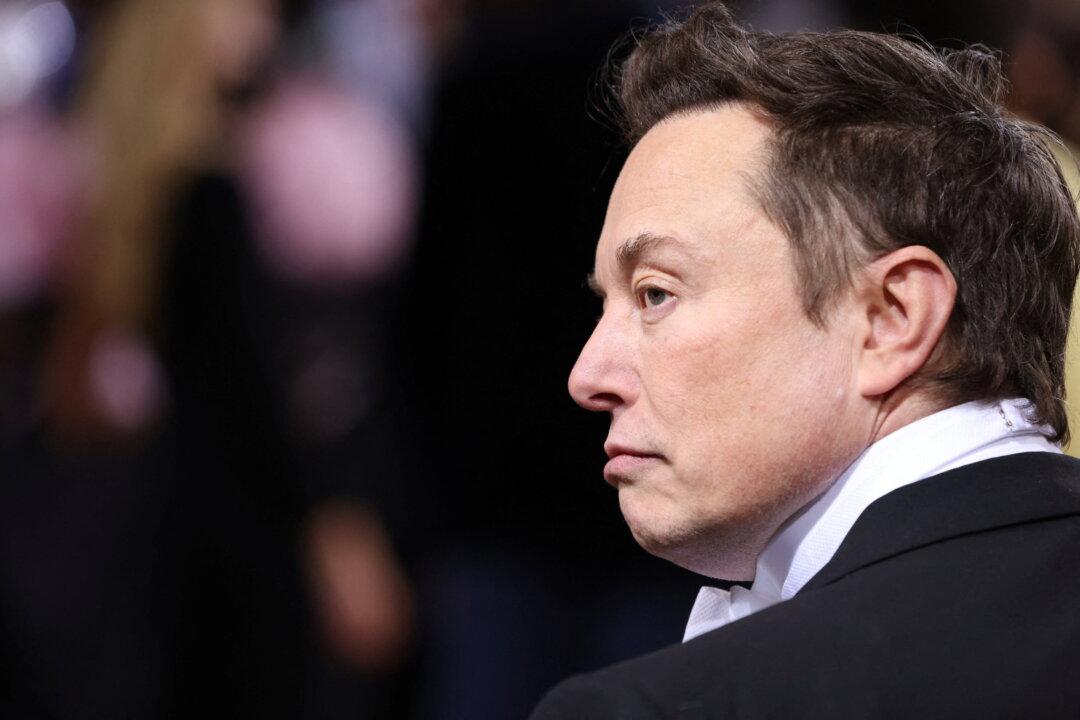Tech entrepreneur Elon Musk weighed in on the inflation debate as Federal Reserve policymakers prepared to convene for a two-day meeting at which markets expect the central bank to deliver another large rate hike to cool soaring prices.
Musk took to Twitter on Sept. 19 to argue that former Treasury Secretary Larry Summers had made a “fundamental error” in viewing the current bout of inflation as similar to the 1970s and deeply entrenched.





